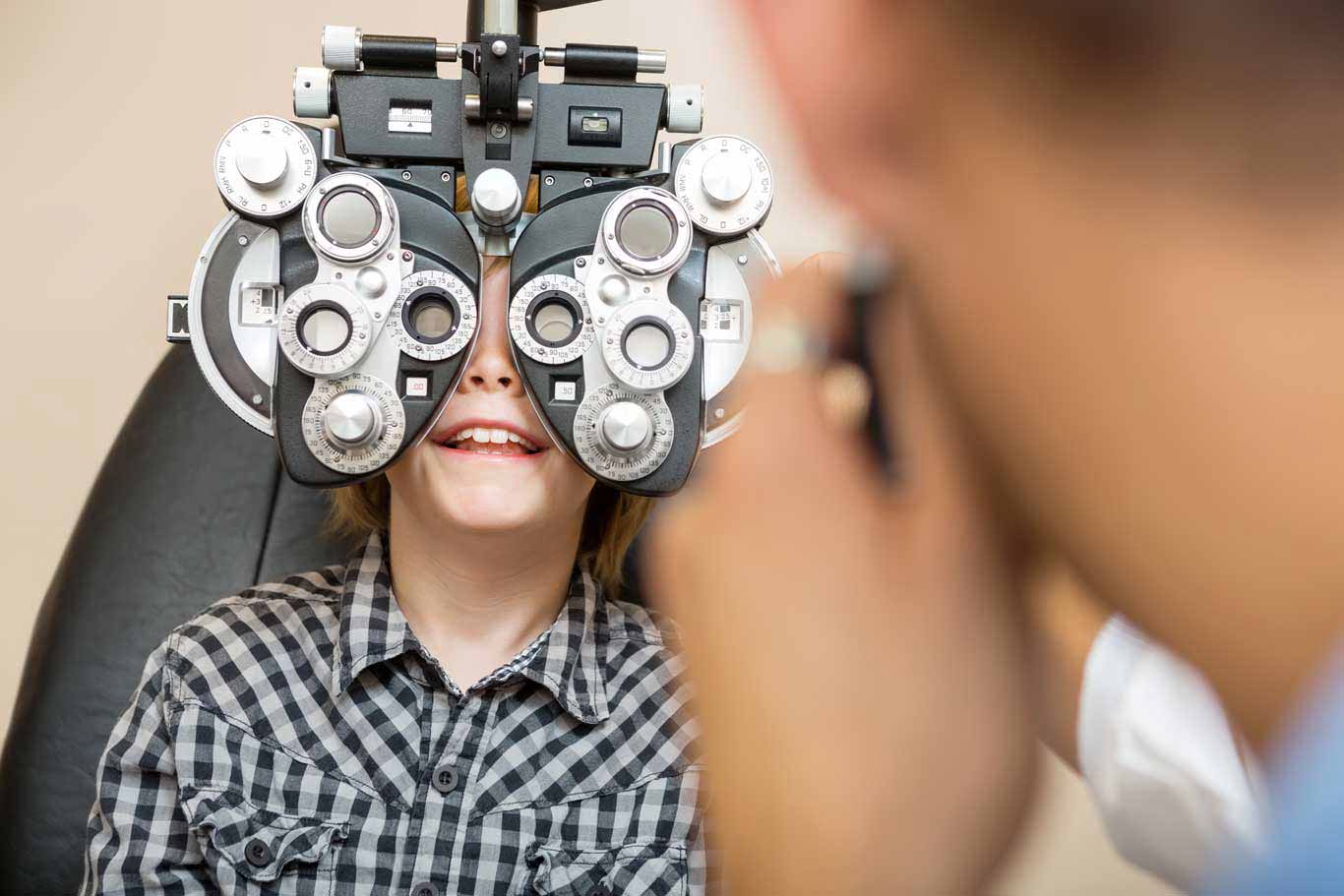Comprehensive Eye Center Panama City Florida for All Your Vision Needs
Comprehensive Eye Center Panama City Florida for All Your Vision Needs
Blog Article
A Comprehensive Overview to Eye Surgical Procedure Treatments Available at Your Optometrist's Method
In the world of ophthalmology, the improvements in eye surgical treatment treatments have opened up a globe of possibilities for those seeking boosted vision and eye health and wellness. From the extensively recognized LASIK eye surgical treatment to the less acquainted Corneal Transplants, the array of procedures available at your eye doctor's technique can address a variety of vision-related issues.
LASIK Eye Surgery
When thinking about vision improvement procedures, LASIK eye surgery becomes a noticeable selection for individuals looking for long-term improvement in their vision. LASIK, which means Laser-Assisted sitting Keratomileusis, is a prominent refractive surgical treatment that aims to deal with common vision problems such as nearsightedness, astigmatism, and farsightedness. This treatment entails utilizing a laser to improve the cornea, permitting light to be appropriately concentrated onto the retina, leading to more clear vision without the requirement for glasses or contact lenses.
Among the key benefits of LASIK eye surgery is its quick and relatively pain-free nature. The treatment itself usually takes only about 15 mins per eye, with a lot of people experiencing enhanced vision virtually quickly. Furthermore, the recuperation time for LASIK is reasonably brief, with lots of individuals able to go back to their normal tasks within a day or 2.

PRK (Photorefractive Keratectomy)
FIRST SENTENCE:
Another advanced vision modification treatment comparable to LASIK is PRK (Photorefractive Keratectomy), providing reliable remedies for individuals seeking alternatives to standard glasses or contact lenses. PRK is a procedure that reshapes the cornea making use of an excimer laser to fix refractive errors such as myopia (nearsightedness), hyperopia (farsightedness), and astigmatism. Unlike LASIK, PRK does not involve creating a flap on the cornea; rather, the outer layer of the cornea is delicately removed before the laser treatment. This makes PRK a suitable option for individuals with thin corneas or those entailed in activities where the risk of eye trauma is greater.
The healing duration for PRK is much longer compared to LASIK, as the outer layer of the cornea requires time to regrow. People may experience pain and fuzzy vision during the first healing phase, but vision progressively boosts over a number of weeks. Your eye medical professional will offer thorough post-operative care instructions to make sure a smooth recovery procedure and optimal aesthetic end results.
Cataract Surgical Treatment
Cataract surgical treatment, an usual procedure carried out by ophthalmologists, involves getting rid of the gloomy lens within the eye and replacing it with a clear artificial lens implant to bring back vision clearness. Cataracts take place when the natural lens of the eye becomes cloudy, causing blurred vision and difficulty seeing clearly. During cataract surgical procedure, the ophthalmologist makes a tiny laceration in the eye and utilizes ultrasound modern technology to separate the over cast lens, which is then delicately suctioned out. Once the cataract is removed, the fabricated lens, referred to as an intraocular lens (IOL), is placed to replace the natural lens's feature. This IOL assists to focus light onto the retina, enhancing vision. Cataract surgical procedure is normally done on an outpatient basis and is understood for its high success rate in boosting vision and lifestyle for clients. It is vital to seek advice from your ophthalmologist to identify if cataract surgery is the right option for you based upon your private eye wellness demands.
Corneal Transplants
Corneal transplants, likewise referred to as corneal grafts, are operations that entail changing harmed or infected corneal cells with healthy benefactor tissue to boost vision and minimize corneal conditions. This treatment is usually suggested for people with corneal scarring, thinning, or various other corneal diseases that can not be treated effectively with various other techniques such as medication or contact lenses.
During a corneal transplant, the ophthalmologist eliminates the main portion of the harmed cornea and changes it with a benefactor cornea. This donor tissue is thoroughly chosen, examined, and stored to make certain compatibility and minimize the threat view it now of rejection. Corneal transplants can recover vision, reduce pain or discomfort, and enhance the appearance of the eye.
There are various kinds of corneal transplants, including full-thickness transplants (penetrating keratoplasty) and partial-thickness transplants (such as endothelial keratoplasty or former lamellar keratoplasty), with the selection relying on the certain condition being treated. After the surgical procedure, patients call for close post-operative care to keep an eye on healing and prevent difficulties.
Retinal Detachment Surgery
Following effective corneal transplants, an additional vital eye surgery treatment that may be necessary for certain individuals is retinal detachment surgical procedure, a fragile procedure focused on recovering the retina's appropriate setting to preserve vision and avoid further difficulties (eye doctors panama city beach). Retinal detachment happens when the retina, the slim layer of cells at the rear of the eye responsible for recording light and sending out visual signals to the mind, retreats from its regular position. This separation can lead to vision loss if not promptly dealt with internet with surgical procedure
Throughout retinal detachment surgical procedure, the eye doctor functions to reattach the retina to the rear of the eye. There are different medical techniques offered, including pneumatic retinopexy, scleral clasp, and vitrectomy, with the choice depending on the seriousness and specific features of the detachment. The objective of the surgery is to stop vision loss and improve or bring back vision ideally. After the procedure, people may need to follow a post-operative care plan to maximize recovery and visual outcomes. Early detection and treatment of retinal detachment are critical in maintaining vision and preventing permanent vision disability.
Conclusion

In the world of ophthalmology, the advancements in eye surgery therapies have opened up a globe of opportunities for those looking for enhanced vision and eye health and wellness. From the commonly known LASIK eye surgical procedure to the much less familiar Corneal Transplants, the Resources array of treatments available at your eye medical professional's technique can address a range of vision-related problems. It is vital to consult with your eye doctor to establish if cataract surgery is the right option for you based on your private eye health and wellness needs.
Following successful corneal transplants, one more important eye surgical treatment treatment that might be necessary for specific individuals is retinal detachment surgery, a delicate procedure intended at recovering the retina's correct position to protect vision and stop additional difficulties.In verdict, there are various eye surgical treatment treatments offered at your eye doctor's technique, consisting of LASIK, PRK, cataract surgical treatment, corneal transplants, and retinal detachment surgery.
Report this page